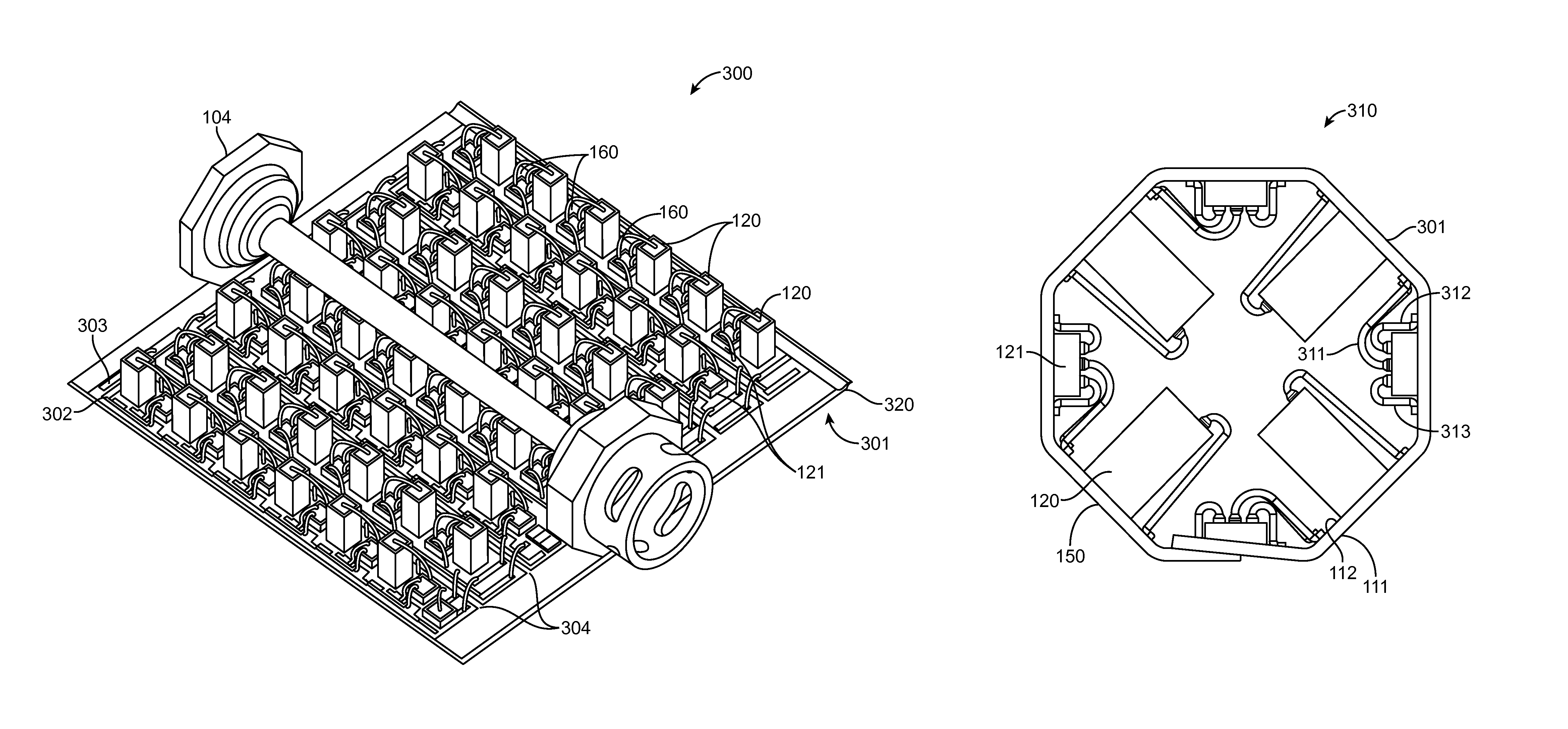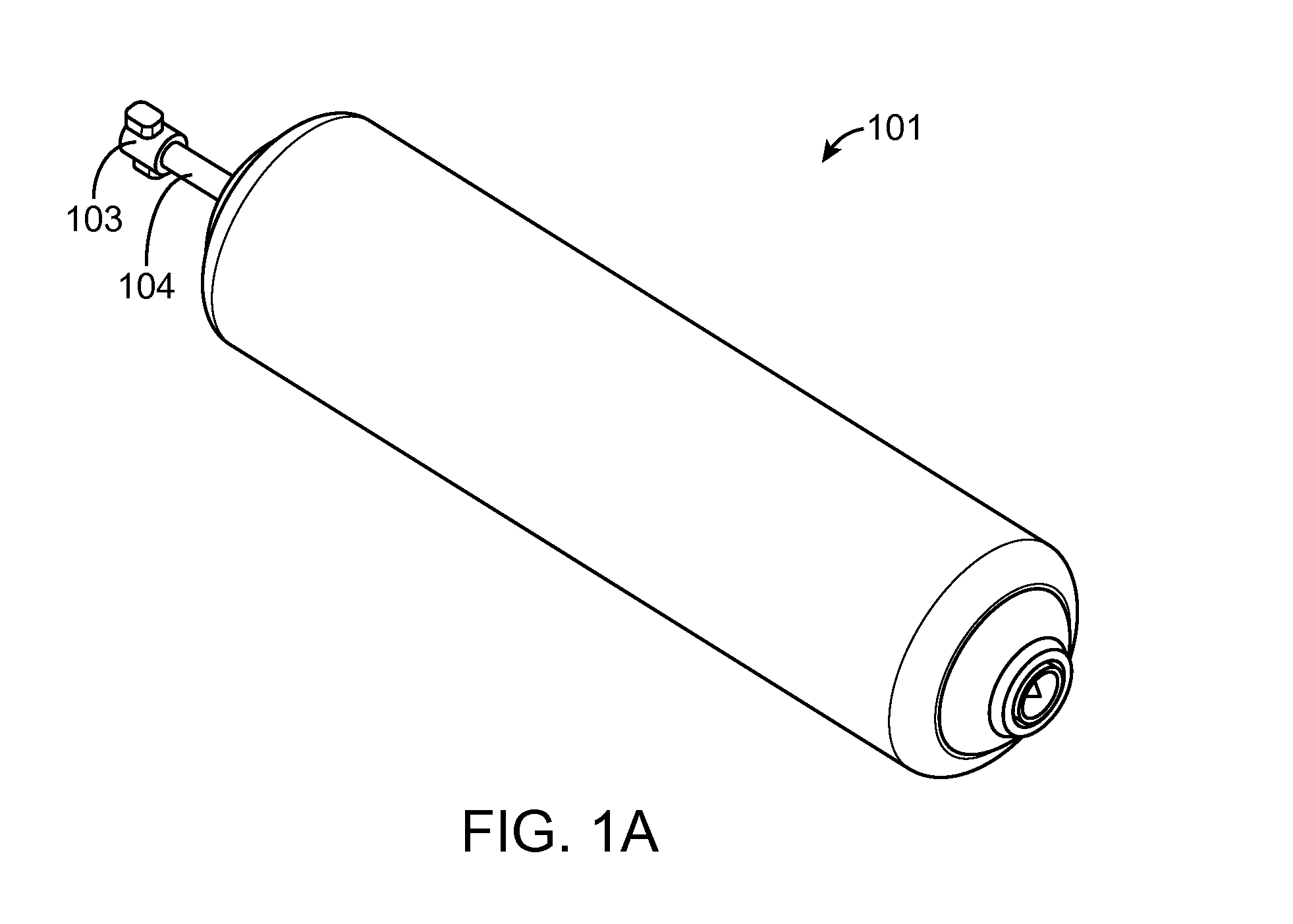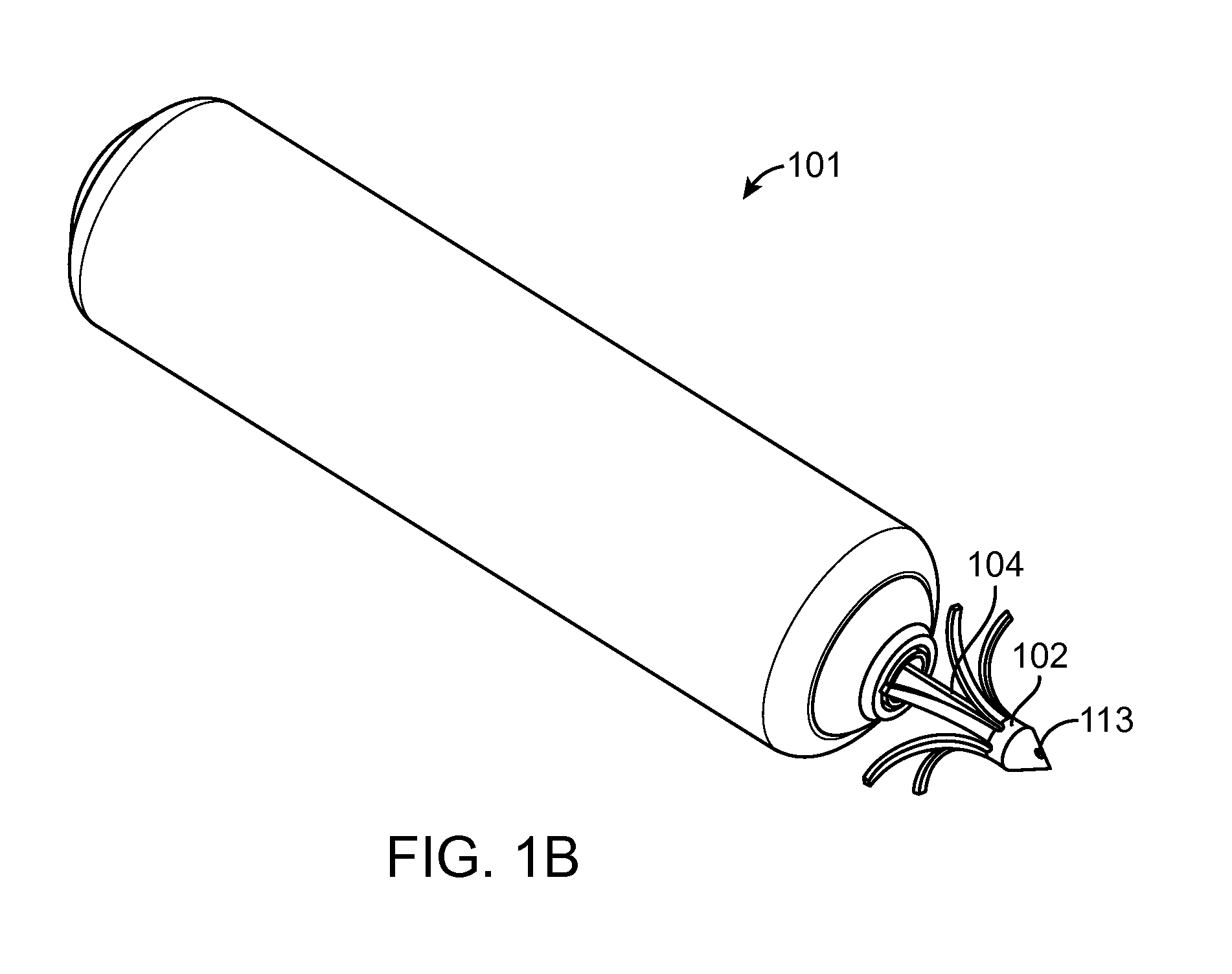Implantable wireless accoustic stimulators with high energy conversion efficiencies
a wireless accoustic stimulator and energy conversion efficiency technology, applied in the field of receiver-stimulator, can solve the problems of high isotropy, single piezoelectric component limitation in its ability to produce high electrical output, components can be out of phase, etc., to achieve high isotropy, stimulate cardiac tissue, and efficient harvesting of acoustic power
- Summary
- Abstract
- Description
- Claims
- Application Information
AI Technical Summary
Benefits of technology
Problems solved by technology
Method used
Image
Examples
Embodiment Construction
[0036]In the following description, for purposes of explanation, numerous specific details are set forth in order to provide a thorough understanding of the invention. It will be apparent, however, to one skilled in the art that the invention can be practiced without these specific details.
[0037]In a first aspect, the present invention provides an implantable receiver-stimulator (hereinafter also abbreviated as “R-S” and also referred to as “stimulator”) device which is capable of wirelessly harvesting acoustic power from an acoustic field delivered from an acoustic source physically separate from the R-S, and converting that acoustic power to electrical power, rectifying the electrical power, and delivering an electrical output between two stimulation electrodes.
[0038]FIGS. 1A-1D are diagrams illustrating an implantable receiver-stimulator 101, constructed in accordance with the principles of the present embodiments. FIGS. 1C and 1D are cross-sectional views of the R-S 101 device a...
PUM
| Property | Measurement | Unit |
|---|---|---|
| voltages | aaaaa | aaaaa |
| length | aaaaa | aaaaa |
| length | aaaaa | aaaaa |
Abstract
Description
Claims
Application Information
 Login to View More
Login to View More - R&D
- Intellectual Property
- Life Sciences
- Materials
- Tech Scout
- Unparalleled Data Quality
- Higher Quality Content
- 60% Fewer Hallucinations
Browse by: Latest US Patents, China's latest patents, Technical Efficacy Thesaurus, Application Domain, Technology Topic, Popular Technical Reports.
© 2025 PatSnap. All rights reserved.Legal|Privacy policy|Modern Slavery Act Transparency Statement|Sitemap|About US| Contact US: help@patsnap.com



